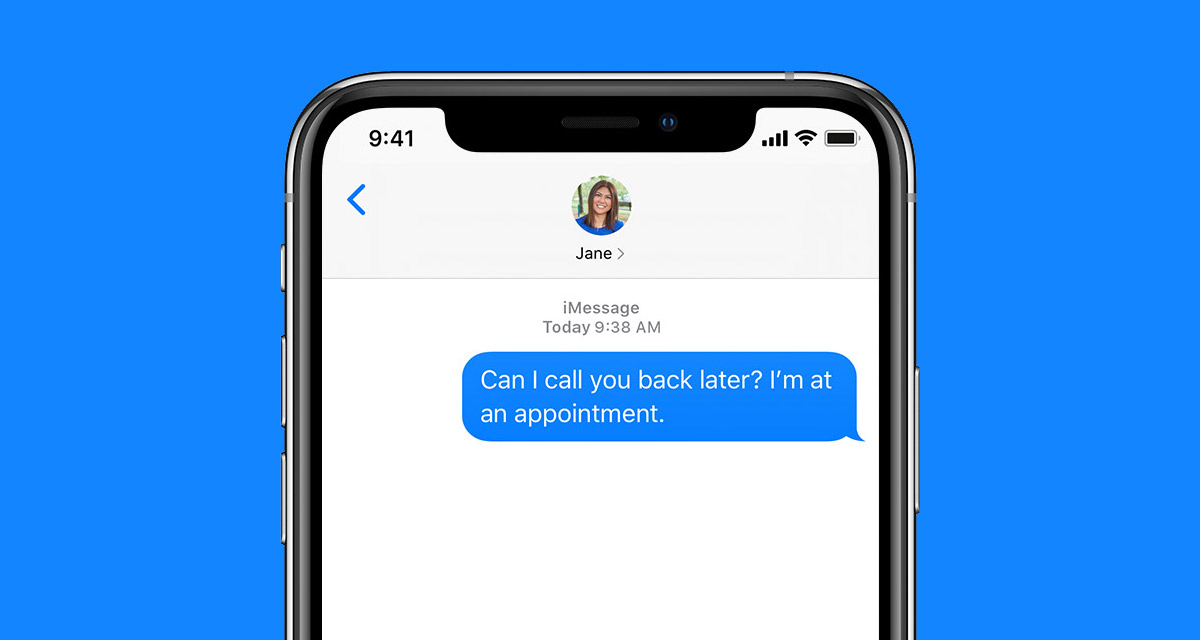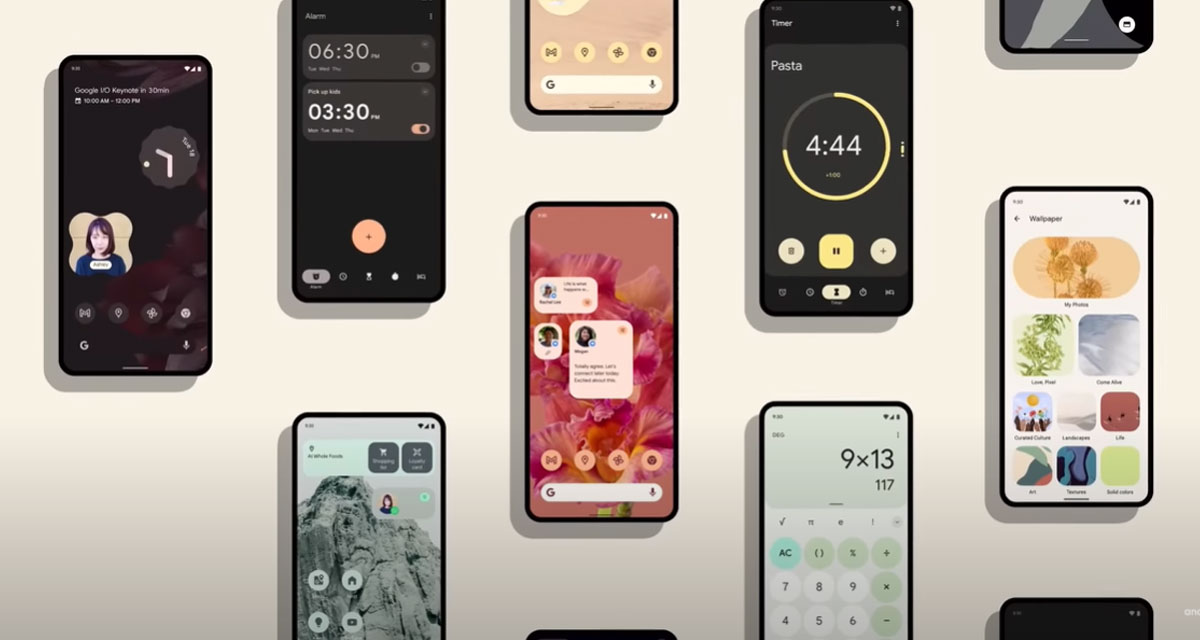Apple has long been accused of holding iMessage support back from Android because it wants to ensure that iPhone users have a reason to stay on the platform. Now, the company’s Craig Federighi has had his say.
In an interview with The Wall Street Journal during the Tech Live event, Federighi was asked about Apple’s reluctance to release an app that would bring iMessage to Android.

His response suggests that Apple would only do it if it was going to get a lot of users, something it isn’t convinced would happen.
If we’re going to enter a market and go down the road of building an application, we have to be in it in a way that’s going to make a difference. That we would have a lot of customers that we would be able to deliver great experiences. This comes at a real cost. And, my fear was that we weren’t in a position to do that.
Federighi went further by saying that if Apple was to put resources into bringing iMessage to Android, it would impact its ability to innovate because of the time and energy that would have been wasted.
And so if we just shipped an app that really didn’t get critical mass on other platforms what it would have accomplished is that it would have held us back in innovating in all the ways we wanted to innovate in messages for our customers, and wouldn’t really have accomplished much at all in any other way.

After saying that Apple has to pick and choose what it works on, Federighi said that bringing iMessage to Android wouldn’t “serve the world,” something that is sure to upset everyone who has had to use something like WhatsApp or another messaging service when talking to people across platforms.
Add in the fact that Apple has so far refused to support RCS on the iPhone and it’s even more galling for people who want to send messages between iPhones and Android devices.
You may also like to check out:
- Download: iOS 16.1 Final OTA Profile File, IPSW Links Released
- How To Fix Bad iOS 16 Battery Life Drain [Guide]
- Jailbreak iOS 16.1 On iPhone And iPad Status Update
- iOS 16 Compatible And Supported iPhone, iPad, iPod touch Devices
- iOS 16 Hidden Features: 100+ Changes Apple Didn’t Tell Us About
- Download: iPadOS 16.1 Final OTA Profile File, IPSW Links Released
- Download iOS 16 Final IPSW Links And Install On iPhone 13, Pro, 12, Pro, 11, Pro, XS Max, X, XR, 8, Plus [Tutorial]
You can follow us on Twitter, or Instagram, and even like our Facebook page to keep yourself updated on all the latest from Microsoft, Google, Apple, and the Web.

